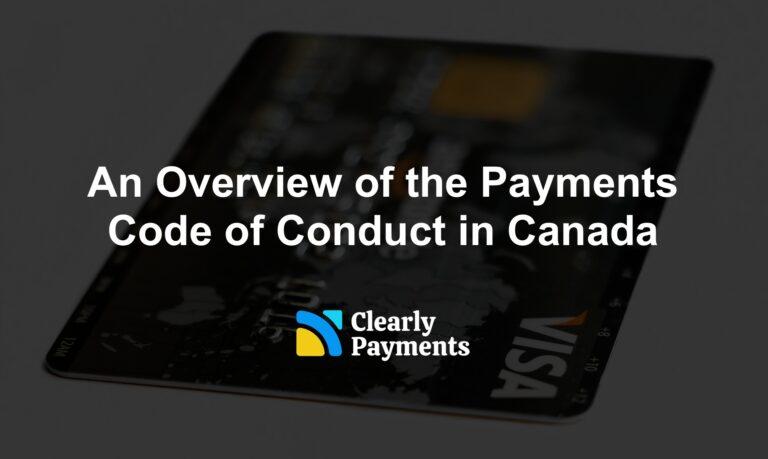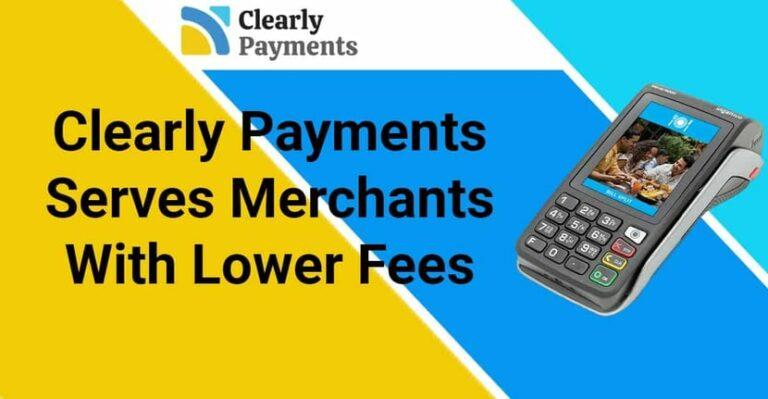A merchant account is a type of bank account that allows a business to accept electronic payments, such as credit and debit card transactions. In order to set up a merchant account, a business must work with an acquirer or ISO, like TCM.
When a customer makes a purchase using a credit or debit card, the payment is processed through the merchant account, which acts as a bridge between the credit card holder’s bank (issuing bank) and the business’s bank. The payment processor verifies the customer’s payment information and ensures that the funds are securely transferred from the customer’s account to the business’s account.
Having a merchant account is essential for businesses that want to accept electronic payments, as it provides them with a convenient and secure way to receive payments from their customers. This can help businesses increase their sales and improve customer satisfaction, as it provides customers with an easy and convenient way to make purchases.
In addition, having a merchant account can also provide businesses with access to advanced payment processing features, such as fraud protection, chargeback management, and real-time reporting. This can help businesses manage their finances more effectively and reduce the risk of fraud and other types of financial losses.
For smaller merchants or merchants in specific situations, an aggregator account can be used instead of a merchant account. This is generally for merchants that process below $100,000 per year. Aggregator accounts set up a platform so thousands of merchants share a single merchant account. Examples of aggregators include PayPal or Square. You. can read this article on the difference between an aggregator and a merchant account.
Features of a merchant account
A merchant account offers several key features that are essential for businesses to accept and process electronic payments. These features include:
- Payment Processing: A merchant account allows businesses to accept and process digital payments from customers such as credit cards, debit cards, and mobile wallets.
- Transaction Settlement: Funds from customer transactions are deposited into the merchant account and held until they are settled. Settlement refers to the process of transferring the funds from the customer’s bank account to the merchant’s bank account.
- Fee Deductions: Payment processors deduct transaction fees, interchange fees, and other charges from the funds deposited into the merchant account before transferring the remaining balance to the business’s bank account.
- Risk Management: Merchant accounts may incorporate risk management tools to detect and prevent fraudulent transactions, manage chargebacks, and ensure compliance with industry regulations.
A merchant account is not to be confused with a business bank account. A merchant account is specifically tailored for businesses to accept electronic payments, while a bank account is a general-purpose account that enables businesses to hold and manage their funds, conduct various financial transactions, and earn interest.
What are the possible merchant account fees
The costs of a merchant account vary widely depending on several factors, such as the size of the business, the volume of transactions, and the type of services required. Also, the payment processor you use to get the merchant from will have their own pricing plan. The following are some common costs we see:
Application fee: This is a one-time fee charged by the payment processor to cover the cost of processing the merchant account application. This is not very common, so you should be able to get away without paying this.
Monthly fee: This is a recurring fee that is charged on a monthly basis to cover the cost of maintaining the merchant account. This is normally around $10 to $20. However you can get an aggregator account without monthly fees.
Transaction and interchange fees: This is a fee charged for each transaction processed through the merchant account. It may include a percentage of the transaction amount, a flat fee, or a combination of both. The average that merchants pay is around 2.5% and $0.10 per transaction. Read more about payment processing fees.
Gateway fees: This is a fee charged by the payment gateway for processing transactions through the merchant account. Gateway prices can be anywhere from $0 to $30 per month.
Chargeback fees: This is a fee charged by the payment processor in the event of a chargeback, which is a dispute initiated by a customer who disputes a transaction on their credit card statement.
PCI compliance fee: This is a fee charged to cover the cost of complying with the Payment Card Industry Data Security Standard (PCI DSS), which is a set of security standards designed to protect sensitive information during credit card transactions. Sometimes these fees are $10 per month and sometimes they are bundled with other fees.
It’s important for businesses to carefully review the fees associated with a merchant account before signing up for one. Some payment processors may offer lower transaction fees in exchange for higher monthly or gateway fees, so it’s important to consider the total cost of a merchant account over time, rather than just focusing on one fee. The best way to look at fees is to understand the overall effective rate.
How to get a merchant account for your business
Begin by researching different payment processors to find the one that best suits your business needs. Consider factors such as fees, contract terms, customer support, security features, and integration options with your existing business systems. Look for a reputable provider that aligns with your requirements. To make your search short, we recommend you go with TCM for a merchant account.
Once you’ve chosen a payment processor, gather the necessary documentation to support your application. This typically includes your legal business name and contact information, along with business registration documents such as Articles of Incorporation or Business License. You will also need to provide your Employer Identification Number (EIN) for tax purposes.
Ensure that your business complies with legal and industry regulations. This includes adhering to anti-money laundering (AML) and Know Your Customer (KYC) requirements. Familiarize yourself with these regulations and have the necessary processes in place to meet compliance standards.
Consider your business’s risk profile. High-risk industries or businesses with a history of chargebacks or fraud may face additional scrutiny during the underwriting process. Be prepared to provide any relevant information or documentation to address potential concerns.
Submit your application to the chosen payment processor. TCM can guide you through the process. Provide accurate and detailed information to expedite the review process.
Once your application is submitted, the payment processor will review your information and conduct underwriting checks. This may involve verifying your business details, conducting credit checks, and assessing your risk profile. The timeframe for approval can vary depending on the provider and the complexity of your application.
Upon approval, you will receive the necessary credentials and tools to integrate the payment processor’s services into your business operations. This may include access to a payment gateway, APIs for integration, and documentation on how to process transactions.
Get the best merchant account with TCM
- Lowest-cost processing in the industry
- Fund transfers in less than one day
- A full set of payment products to accept payment anytime, anywhere
- World-class customer service




